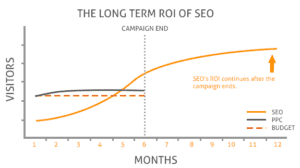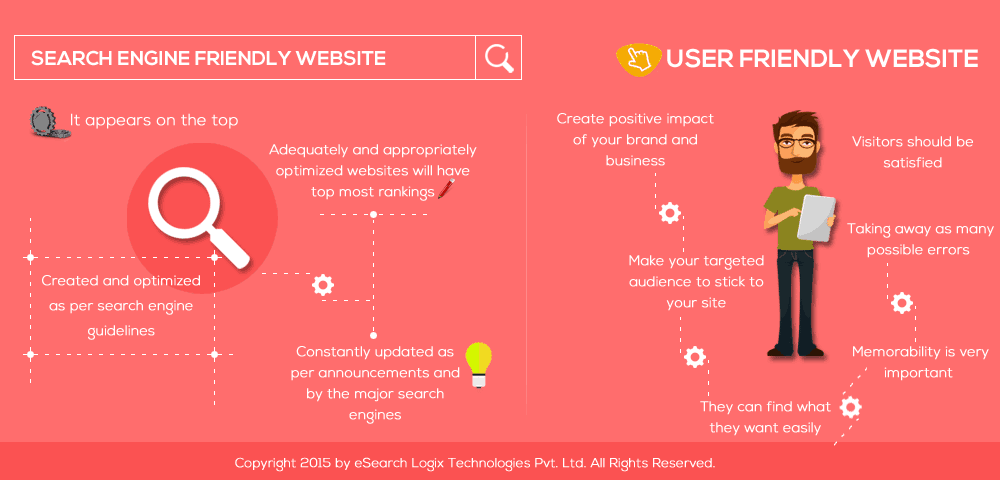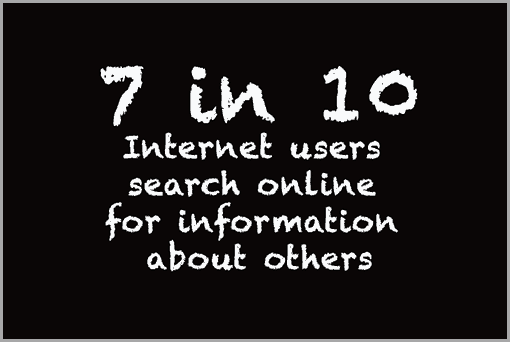17 Reasons Why SEO Matters for Startups

Startups are often said to follow a unique business model. In many cases, the business models of startups are new to the world, and hence, have never been tested before. Innovative business models together with untested products and services are more effort-consuming in comparison with well-established businesses. Moreover, startups operate on low budgets and cannot allocate substantial resources to their marketing needs. They have to heavily rely on internet marketing to reach their target customers, as online advertising channels are more cost-effective than possible alternatives. Thus, search engine optimization (SEO) proves to be a critical tool in the hands of a digital marketer.
Below are the 17 reasons why SEO matters for any startup.
1. SEO is Cost-Effective
SEO is really cost-effective when compared to other digital marketing tools including email marketing, which require expensive software and other resources such as additional employees. Startups can build an effective SEO strategy using free tools (e.g. Google Search Console and Google Analytics).
2. SEO Increases Brand Awareness
Customers’ awareness of startups and their products is generally low during the first years of operation. SEO will definitely contribute to increasing the brand awareness of startups among their target population by helping companies to rank higher on search engine results pages (SERPs).
3. Bringing More Customers to the Website
SEO is the most efficient marketing tool that is currently available for startups. It will bring more potential customers to the website who are searching for products similar to the ones provided by you. In addition, the traffic that is brought in by SEO is highly targeted. When executed properly, a wise SEO strategy will attract more customers and help a new business to grow more rapidly than organizations relying on traditional advertising strategies.
4. Increasing the Number of Leads
Business-to-business (B2B) customers do not directly make a purchase on companies’ websites; marketing teams need to generate leads that will be pursued by the sales team. Inbound marketing strategies are a primary source of leads for startups focusing on the B2B market segment. One of the main tools for inbound marketing is SEO. A good SEO strategy will help to consistently generate new leads for a startup.
5. Reaching the Right Customers 
A precise customer targeting strategy is important for achieving success in the dynamic market for startups. With other marketing communications options (e.g. billboards and television), small businesses can never be certain about the type of customers they may reach. However, with the help of SEO, startups can monitor which keywords are searched more frequently and filter out irrelevant audiences.
6. Customer Research and Analytics
Startups need to regularly gain insights regarding their customers and track purchasing habits, occupation, age, and other demographic characteristics of their customer base. At the same time, they cannot invest much in marketing research due to limited budgets. SEO tools such as Google Analytics allow for collecting valuable information regarding those customers who visit the company’s site. This information can be further used to develop more suitable products and services.
7. SEO Increases Brand Reputation
Building a strong brand reputation is crucial for startups, as they are relatively new and unknown in their markets of operation. SEO is highly beneficial in terms of building a trustworthy reputation and addressing customers’ concerns.
8. Increasing return on investment (ROI)
SEO helps in bringing more organic traffic to the websites of new businesses. Since organic traffic is free, startups can reach a higher ROI indicator. In turn, the overall profitability of a startup will increase and it will be able to expand its presence locally and internationally. How do I calculate ROI for SEO?
9. Increasing Global Visibility
No marketing communication channel can reach a global audience more effectively than the internet. SEO can help a startup to reach potential customers all over the world and increase its global visibility. This can be achieved by better keyword research focusing on multiple markets where the startup is planning to sell its products.
10. Increasing Local Visibility
The recent updates to Google’s local algorithms have made the local search mechanism very powerful and important for small businesses. Focusing on local SEO will help startups to attract more customers who are closer to their location without the need to spend a budget on cold calls and outdoor advertising.
11. Staying Ahead of Competition
Even if startups’ competitors are successful companies that have been in the market for a while, their marketing budget is still limited. Being ahead of the competition in organic search results is one of the best methods for a startup to gain a competitive advantage. Climbing to the top position in SERPs will allow startups to maximize their sales and win more customers.
12. Long-Lasting Effects
The effects of conventional print and TV advertising are short-lived. A message sent through traditional advertising needs to be received almost immediately by the target audience; otherwise, it may cease to be relevant. Alternatively, the results of SEO will take time to accrue, but will last much longer. Startups can count on long-term results of their SEO investment.
13. Creating User-Friendly Websites
SEO helps startups to create user-friendly websites that can attract more visitors. SEO-optimized websites have easier navigation and sitemaps, as the top search engines such as Google and Bing give higher ranking to them. Customers are more inclined to visit websites that offer convenient design and read well.
14. Good Conversion Rates
Conversion rates are very important for startups selling products on their websites. SEO will be of high relevance because SEO-optimized websites are easy to read; they display content well on all types of devices including mobiles and tablets, and load faster. Websites that are easy to read and navigate have better conversion rates than their poorly organised and maintained cousins.
15. Building Other Digital Marketing Channels
Many companies willingly use email marketing and even prefer it to social media. The first step in building a good email list is directly offering subscriptions and newsletters to existing customers. SEO will be beneficial to startups to attract more customers to the website and then offering them to subscribe to various email lists for further communication and marketing interaction.
16. SEO Improves Social Media Marketing
The relationship between social media marketing and SEO is bi-directional. SEO allows startups to increase their social media visibility, as customers visiting the website can also check the startup’s social media accounts. In turn, sharing content on personal social media profiles increases companies’ rankings on search engines.
17. SEO Helps to Create a Better First Impression
A business that can make a good first impression can convert more visitors to its website into customers. Search engines now make it possible for businesses to display their products and premises through snippets. Startups can utilize snippets to their advantage by showing clear and information-rich snippets to customers visiting the website and create a good impression among the target audience.
Search engines will remain the primary channel that consumers will continue using in the near future to find new information online. The evolution of general search and advancements such as voice search and superior local search are increasing the importance of search engines for internet marketers. Therefore, startups can significantly leverage internet marketing by designing and following an effective SEO strategy without spending on expensive traditional advertising channels.
Author bio
Ellie Richards is an online Marketing Manager for PhD Writing company Original PhD. She specializes in research, content and article writing on various topics, including Education, Marketing, and Technology.










